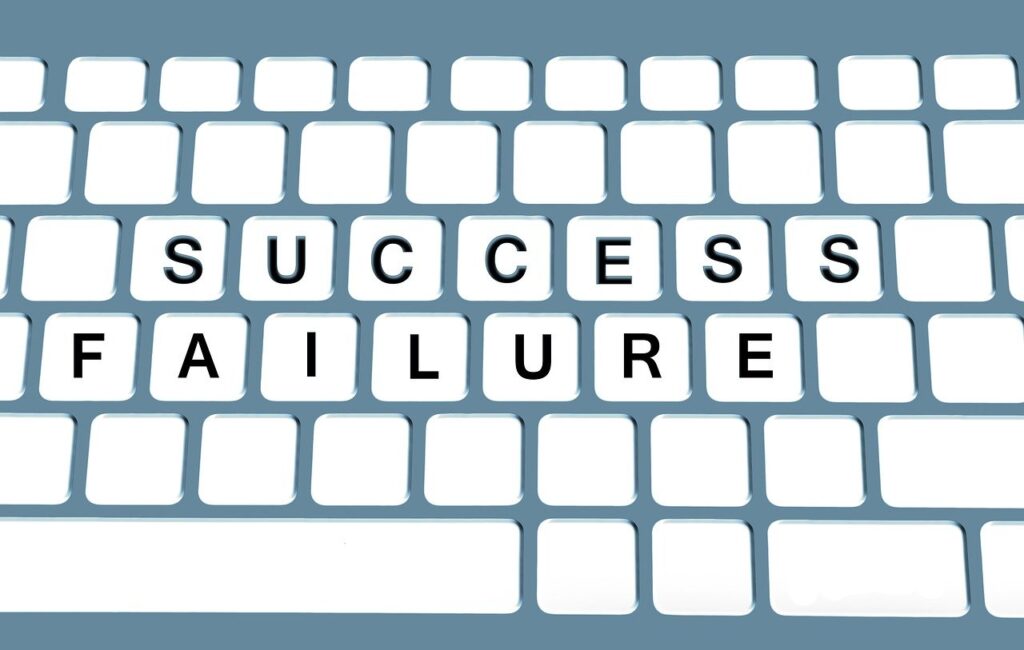In entrepreneurship, success is often celebrated, but the stark reality is that many individuals experience business failure. This article aims to examine the underlying reasons behind why businesses today fail, from their inception to the unfortunate moment of closure. We’ll probe the crucial elements that are often overlooked, leading to their downfall.
Business Failure: Statistics
A recent report published by Lendtree reveals that approximately 20% of new businesses fail within the first year, with the rate increasing to 60% within the first three years. Certain industries, such as hospitality and retail, face even higher failure rates due to specific challenges.
Top Reasons for Business Failures
Lack of Clear Vision
One of the primary reasons for business failure is a lack of a clear vision. Without a defined purpose and direction, businesses tend to flounder, making it difficult to set achievable goals.
Inadequate Market Research
Entering the market without a thorough understanding of its dynamics is akin to sailing without a map. Insufficient market research around the target market often leads to misguided strategies and an inability to meet customer demands effectively.
Insufficient Financial Planning
Sound financial management is the backbone of any successful venture. Inadequate financial planning can quickly lead to cash flow problems and, ultimately, business failure.
Neglecting Innovation
Stagnation in a rapidly evolving industry is a recipe for failure. Innovation is essential for business longevity. Failing to adapt to changing trends and technologies can render a business obsolete in a rapidly evolving market.

Lack of Customer Focus
Customers hold invaluable insights into a business’s strengths and weaknesses. Ignoring their feedback can lead to a disconnect, ultimately resulting in loss of loyalty and trust.
Lack of Effective Marketing
Even the most exceptional products or services can go unnoticed without effective marketing. Neglecting this aspect hampers a business’s ability to reach its target audience.
Navigating Through Challanges
Inflexibility and Resistance to Change
In today’s business landscape, adaptability is key. Resisting change and clinging to outdated practices can stifle growth and innovation.
Poor Leadership and Communication
Leadership sets the tone for a business’s culture and direction. Ineffective leadership, coupled with poor communication, can lead to confusion and a lack of motivation among employees.
Inadequate Crisis Management
No business is immune to crises. Failing to have a robust crisis management plan in place can escalate problems and lead to irreparable damage.
Conclusion
Businesses tend to fail due to one or a combination of these factors. It’s often a domino effect, where one weakness leads to another until the business is unable to recover. Recognising and addressing these issues early on can significantly increase the chances of not only survival but thriving in the competitive business landscape.


